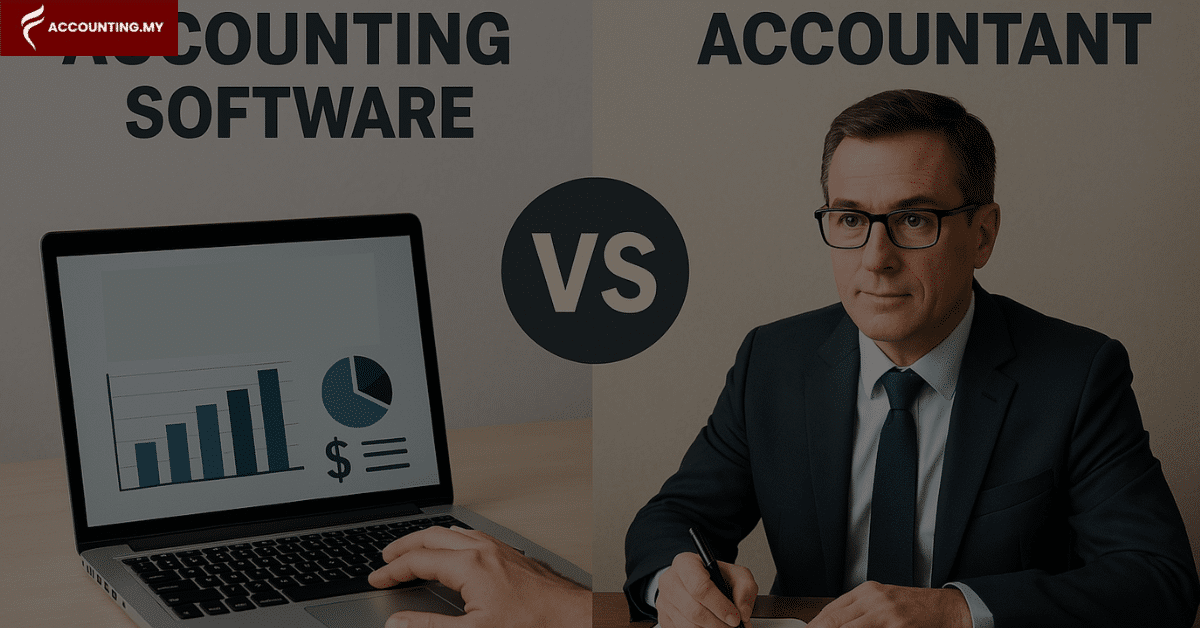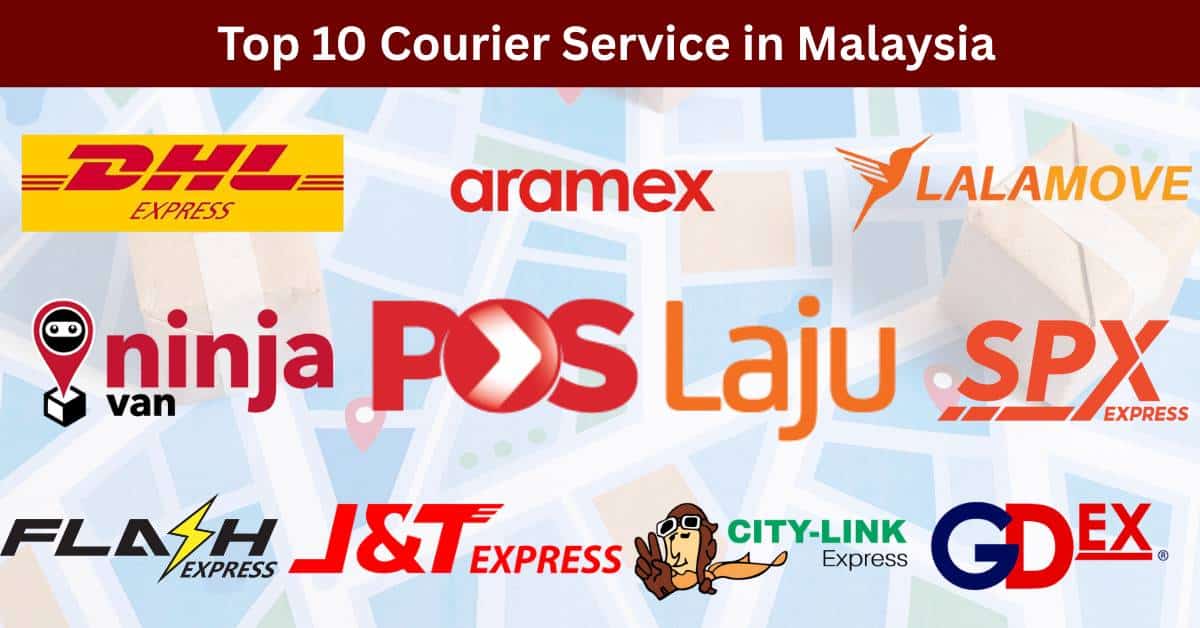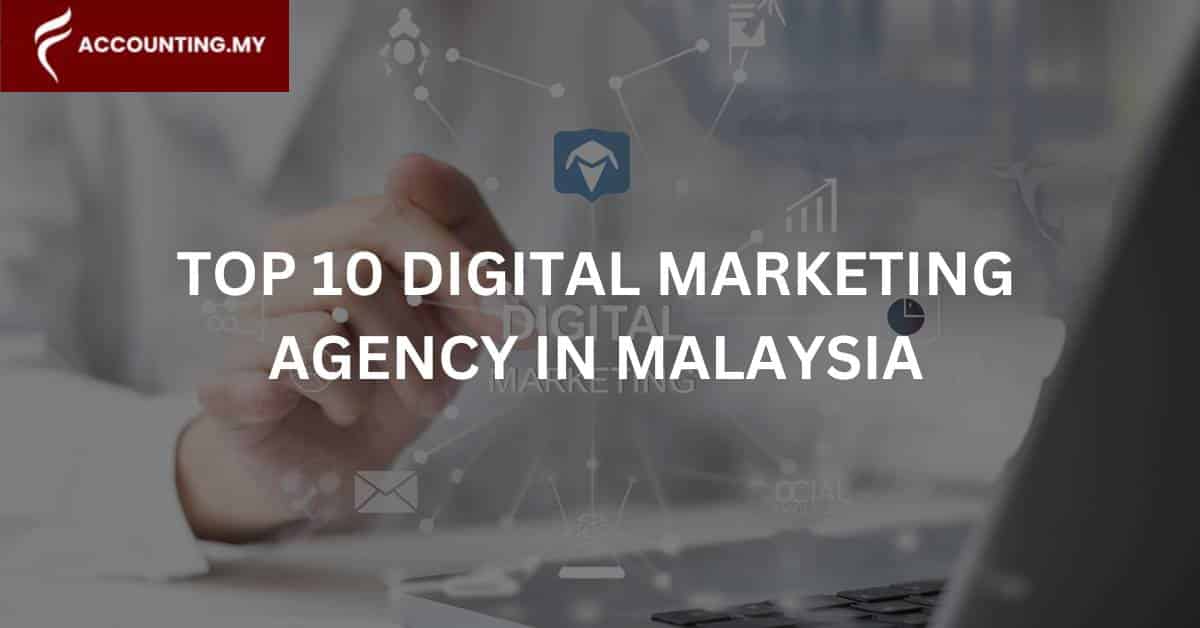Both accounting software and professional accountants are important to Malaysian businesses, but their roles differ, quite a bit actually. But the right choice ultimately depends on your business needs, budget, and compliance requirements.
Software handles automation. Human accountants bring insight, judgement, and legal accountability. But which is more cost-effective and safer long-term? Are machines better than professional accountants or is human oversight still important?
This guide compares software vs human accountants across features, pricing, compliance value, and use cases, giving you a full breakdown for smarter business decisions.
Accounting Software vs Accountant Comparison Table
Feature | Accounting Software | Human Accountant |
Best For | Routine tasks, low-cost efficiency | Compliance, advisory, complex finances |
Key Benefits | Automation, cloud access, analytics | Tax planning, audit prep, SSM filing |
Weaknesses | No legal accountability, user error | Higher cost, slower process |
Compliance Risk | Medium – input dependent | Low – professionally managed |
Monthly Cost | RM50–RM200 | RM1500–RM5000 |
Support | Knowledge base / chat | Real-time expert support |
What Can Accounting Software Do for Your Business?
Accounting software automates routine accounting tasks to improve accuracy and efficiency for lean teams.
- Invoice & Expense Management: Easily generate professional invoices, manage receivables, and track business expenses in real time.
- Bank Reconciliation: Sync with Malaysian banks to automate reconciliation and reduce manual entry errors.
- Financial Reporting: Instantly produce profit & loss, balance sheets, and cash flow statements with visual dashboards.
- SST & Tax Handling: Configure local SST settings, auto-calculate tax, and prepare documentation for submission.
- Payroll Integration: Some platforms include or integrate with payroll systems, handling EPF, SOCSO, and PCB deductions.
- Cloud Collaboration: Tools like Xero allow multi-user access so accountants and business owners can view financials simultaneously.
Most Common Accounting Software in Malaysia (2025)
Software | Best For | Key Features | Price Range (Monthly) | Cloud-Based |
AutoCount | SMEs needing SST-ready software | Invoicing, inventory, multi-branch accounting | RM88–RM300+ | Optional |
SQL Account | Medium businesses | Advanced reporting, multi-user licensing | RM80–RM280 | Optional |
Xero | Startups & cloud-first firms | Real-time sync, payroll, auto-bank feeds | RM90–RM200 | Yes |
Wave | Solopreneurs, freelancers | Free invoicing, receipts, reports | Free (limited) | Yes |
QuickBooks | Growing businesses | All-in-one dashboard, smart forecasting | RM75–RM250 | Yes |
Note: Prices vary depending on modules, user seats, and integration levels. Local partners often provide setup or training. Please request a quote from software providers.
What Tasks Can Human Accountants Do That Software Cannot?
Only a qualified accountant can legally represent your business, ensure audit readiness, and offer tax-saving strategies.
- Legal Representation: Accountants are authorised to act as your LHDN tax agent and file statutory forms like Form C and CP204, something software cannot legally do.
- Regulatory Compliance: Human accountants ensure full compliance with Malaysia’s financial laws including LHDN, SSM, SST, EPF/SOCSO, and Bank Negara guidelines. These are legally binding, and errors can be costly.
- Tax Planning & Efficiency: Beyond data entry, accountants offer strategic tax optimisation, identifying deductible expenses, structuring capital allowances, and guiding group relief.
- Audit Preparedness: They maintain verifiable records and prepare your company for LHDN or internal audits, including representing you in case of discrepancies or investigations.
- Business Advisory: Accountants offer financial advice on expansion, restructuring, and risk management based on real numbers, software simply processes inputs without interpretation.
- Error Detection: They identify human mistakes such as SST misclassification, EPF underreporting, or missed reliefs before they become costly issues.
- Crisis Management: During tax disputes or urgent filings, human judgement becomes irreplaceable. Unlike software, accountants can intervene with LHDN and craft remedial strategies.
Limitations of Relying Solely on Human Accountants
- Higher monthly retainer fees
- Slower to generate real-time data
- Manual processes increase error risk if unsupported by digital tools
- May resist cloud collaboration or require more paperwork
Is Accounting Software Enough Without a Professional?
While software can help, it lacks accountability and strategic insight.
Most tax penalties in Malaysia arise from user entry errors, not software bugs.
Software doesn’t notify you when you’re eligible for a tax relief or if SST categories are misclassified.
For businesses in sectors like retail, logistics, food & beverage, or contract-based services, transactions are often complex. These industries frequently deal with multi-tiered SST, varying cost structures, and compliance reporting that goes beyond software templates.
In such cases, software becomes a tool, not a replacement for professional oversight.
Accountants bring the interpretative judgement, legal accountability, and scenario-based decision-making that software lacks. Without a professional, the software is just a fancy calculator, not a strategic advisor.
Which One Saves More Money in the Long Run?
Software has a lower upfront cost, but an accountant may save more via tax efficiencies and error prevention.
A missed SST claim or unclaimed expense could cost thousands annually. Accountants help businesses recover tax credits and reduce assessable income.
“A Kuala Lumpur-based SME reduced tax liability by RM28,000 after engaging a certified accountant.”
Which Option Fits Which Business Type Best?
The right fit depends on your growth stage, regulatory obligations, and internal capabilities.
Accounting Software is ideal for:
- Startups and solopreneurs with basic bookkeeping needs
- Businesses that prioritise speed, cost-efficiency, and DIY financial tracking
- Companies with in-house finance staff or founders comfortable with numbers
Human Accountants are ideal for:
- Registered Sdn Bhd companies with audit and filing requirements
- Businesses undergoing rapid growth, funding rounds, or restructuring
- Firms that require strategic advice, regulatory guidance, or full-service tax planning
However, combining software and human expertise delivers the best of both worlds: automation plus compliance.
Relying solely on accounting software may work for startups, but as businesses scale, the limitations become evident, especially when navigating tax strategy, audits, or multi-entity consolidation.
That’s where the hybrid model comes in.
The Hybrid Model For Businesses
The hybrid model refers to using cloud-based software like AutoCount, Xero, or SQL for day-to-day tasks (invoicing, reconciliations, SST reporting), while a licensed accountant periodically reviews, corrects, and validates the financial data.
This model empowers businesses to stay lean without sacrificing compliance or strategic input.
“For example, a local logistics company in Shah Alam uses SQL Account to track billing and inventory, but engages their accountant quarterly to submit tax estimates, audit financial statements, and advise on SST exemptions.”
This setup reduces the monthly accounting bill by over 40%, while maintaining audit-readiness and confidence in financial reporting.
Benefits of the Hybrid Model
- Real-time financial visibility with cloud software
- Compliance assurance with periodic expert reviews
- Better budget control with scaled accountant involvement
- Flexibility to upgrade to full-service accounting during peak periods
In Malaysia, many accountants even offer software-inclusive packages, giving clients access to tools like Xero or AutoCount bundled with advisory services, making it easier for SMEs to adopt this balanced model from the start.
In 2025, the hybrid approach isn’t just an option. It’s quickly becoming the standard practice for Malaysian SMEs that want to grow efficiently without sacrificing regulatory compliance.
Quick Table For Business Model Scenario
Still can’t decide? That’s alright, we’re here to help you out.
Business Scenario | Best Fit | Why |
Just starting out with simple invoices and minimal compliance | Accounting Software | Cost-effective, easy to set up, ideal for basic tasks like invoicing, expense tracking, and SST recording. |
Growing SME with moderate complexity and some external filings | Hybrid Model | Allows automation for daily tasks while ensuring compliance with quarterly or annual reviews by a licensed accountant. |
Sdn Bhd or company dealing with audits, tax planning, or investor funding | Human Accountant | Provides professional representation, strategic advice, tax optimisation, and SSM/LHDN compliance. |
Our Verdict? Choose both Accounting Software & Accountants
At Accounting.my, we’ve seen firsthand that the most successful Malaysian businesses are the ones that know when to leverage tools, and when to call in professionals. We don’t believe in false choices. That’s why we offer both:
- Autocount and other leading accounting software solutions for automation, visibility, and cost efficiency.
- Professional accounting services including compliance, taxation, and audit preparation, delivered by licensed experts who understand the nuances of Malaysia’s financial regulations.
In Malaysia’s evolving regulatory environment, software is the engine, but accountants are the navigators. Start with tools, grow with humans or do both! The best results happen when automation meets expertise.
If you’re ready to combine the best of both worlds, we’re here to help, you can count on it.
Frequently Asked Questions About Accounting Software vs Accountants
Accounting software automates tasks. Accountants offer expertise and compliance assurance.
Yes. Most cost between RM50 and RM200 per month. Accountants start from RM1500/month.
AutoCount, SQL, Xero, Wave, and QuickBooks are popular choices in 2025.
Yes, especially for tax filing, audits, or if your business is a Sdn Bhd.
Yes. Most accountants work with cloud software and can directly access your account.
Yes. Most modern software (Xero, QuickBooks) use bank-grade encryption and offer 2FA. Local partners also assist with backups and training.















